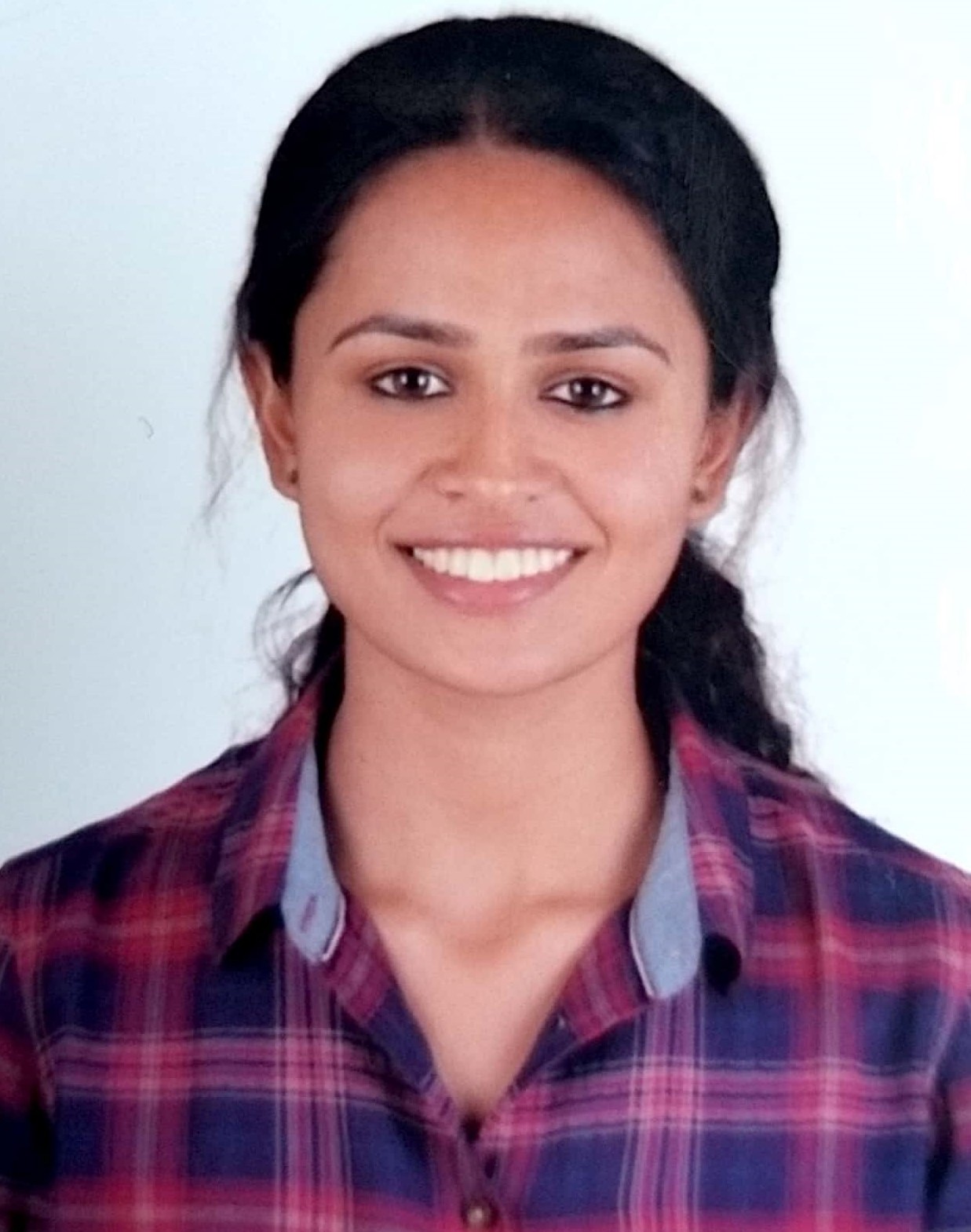Conflict Alerts # 36, 4 March 2020
 Abigail Miriam Fernandez
Abigail Miriam Fernandez In the news
Since the condemnation from various religio-political parties and their leaders for trying to put a stop to the Aurat March, which is to be held on the occasion of International Women’s Day on 8 March, there has been support pouring in from many channels. Federal Minister for Human Rights Dr Shireen Mazari strongly condemned the same; she has also stated that the government is committed to ensuring that discrimination and harassment of women ends and it has put in place programs, policies and legislative measures to empower women and girls.
Pakistan Federal Union for Journalists (PFUJ) President Shahzada Zulfikar and Secretary-General Nasir Zaidi also issued a joint statement the same day condemned threats given by some opposers to organizers and participants of the Aurat March. The PFUJ leaders have stated that threats such as these raise a serious concern regarding the fundamental rights of citizens, particularly women and minorities, in the country and situation such as these contribute to hate speech against women’s rights advocates. The PFUJ has urged the government to ensure that the marchers are provided necessary security so that they can hold a peaceful march.
Senator Sherry Rahman has also shown her support for the march. She stated that “In a democratic society, asking for your rights is not only valid but also extremely important.” Further, Pakistan Bar Council (PBC) also gave its support to the Aurat March and condemned the threats against the participants and organisers of the event. The PBC stated that March and peaceful protests are essential parts of the human rights of an individual.
Issues at large
For the last two years, the Aurat march has turned into a massive resistance movement against the patriarchal structures of society, resulting in a strong backlash against the participants and organizers of the march. The Aurat March is organized under the banner of “Hum Auratain” a broader term for feminist women, transgender individuals, nonbinary persons, and gender and sexual minorities who stand against the patriarchal structures that result in the sexual, economic, and structural exploitation of women.
The movement started in 2018 when a couple of feminist groups from Karachi held a march on International Women’s Day. The core principles of ‘Hum Auratain’ states that the march will not be able to get funding from NGOs or corporations. Instead, the organizers arrange fundraising events to collect funds. The marches, which are to be anonymous and diverse, are held in all major cities of Pakistan, including Lahore, Islamabad, Karachi, Peshawar, and Quetta. Each year, the organizers release an Aurat March manifesto that demands responsibility and justice against violence targeted at women at the workplace, at home, and in public spaces. It also pushes for economic justice, inclusion, and access to public spaces for all.
In 2019, the March organizers had complained that they received threats and were harassed online. They were also labeled as “bad women” and Western agents who want to damage the culture of Pakistan. Some men even threatened them with rape.
In perspective
The Aurat March has given new energy to the feminist movement in Pakistan. The March has become a proud tradition of women’s rights movements in Pakistan where women have come to stand in unity to their fight against the struggle for women’s rights. However, the March has also attracted fierce criticism, especially leaving the organizers and participants at risk. Further, the march is not fully being supported; this polarization in the political parties’ views, religious persons and others has not helped the matter.
However, this march remains to be a promising means through which women in Pakistan can first become aware of their rights and secondly, awareness allowing them to demand and fight for their rights.